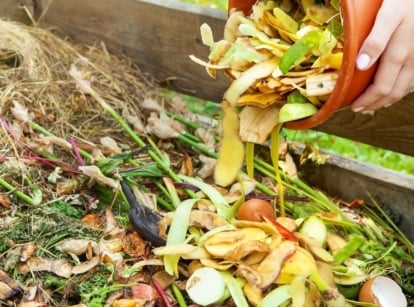
7 Ways to Turn Your Compost Pile
Compost piles are excellent for backyard gardeners who want to save money on soil amendments or upcycle excess waste. Turning piles speeds up decomposition, lets microbes breathe, and keeps rotting smells at bay. Join longtime composter Jerad Bryant and discover seven easy ways to turn your compost piles.











